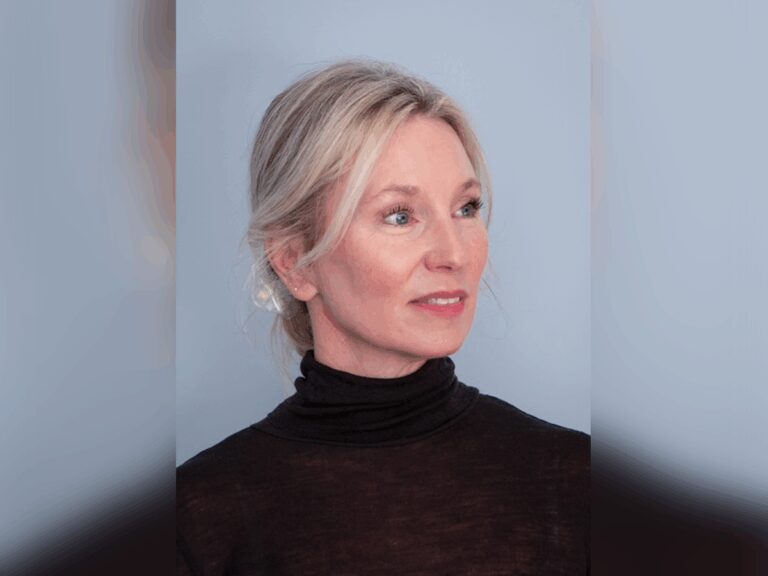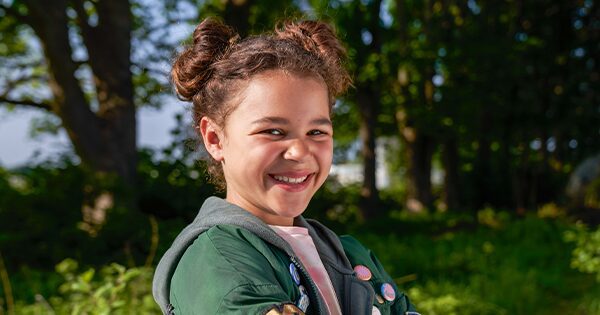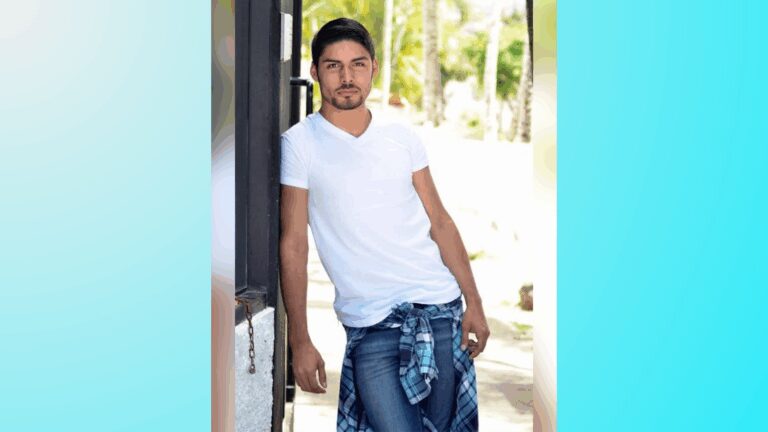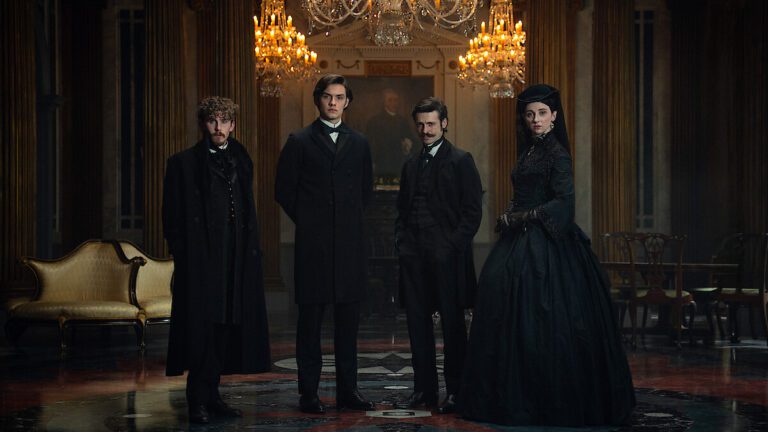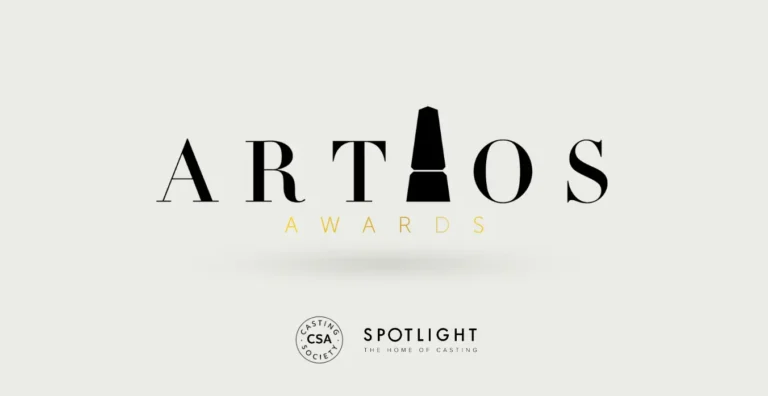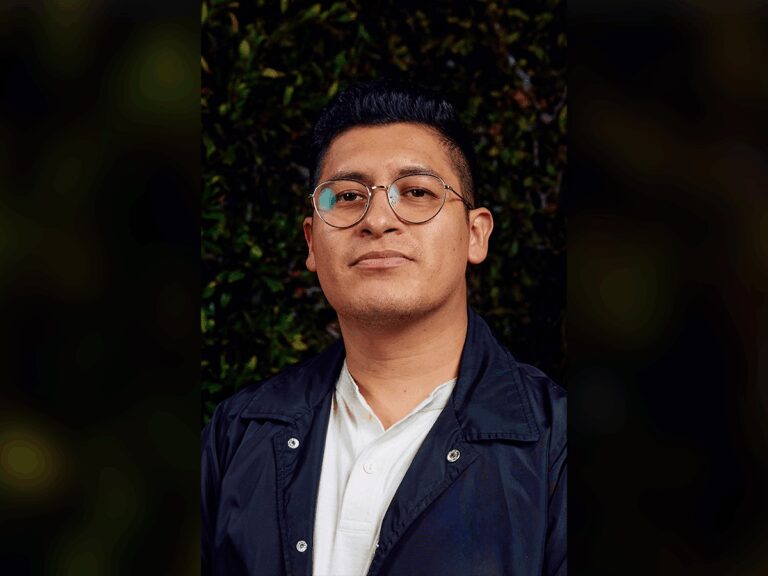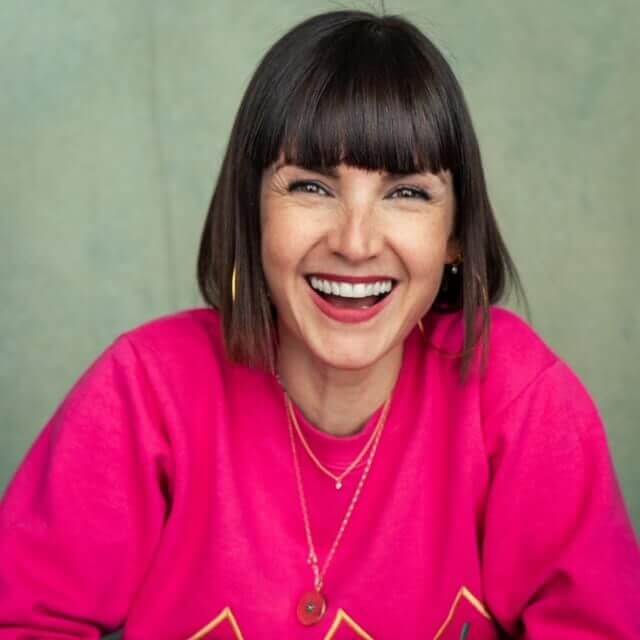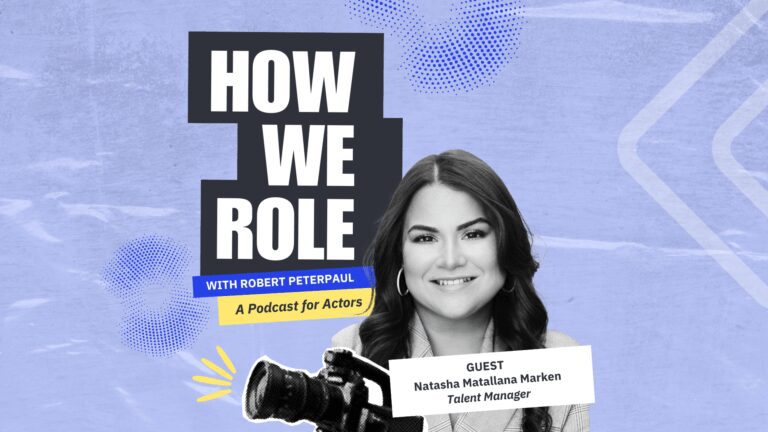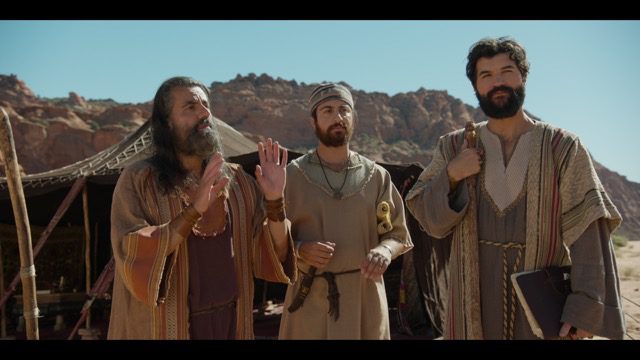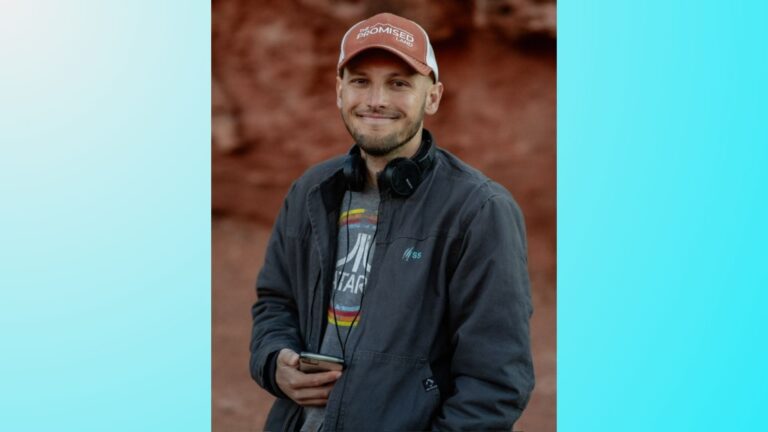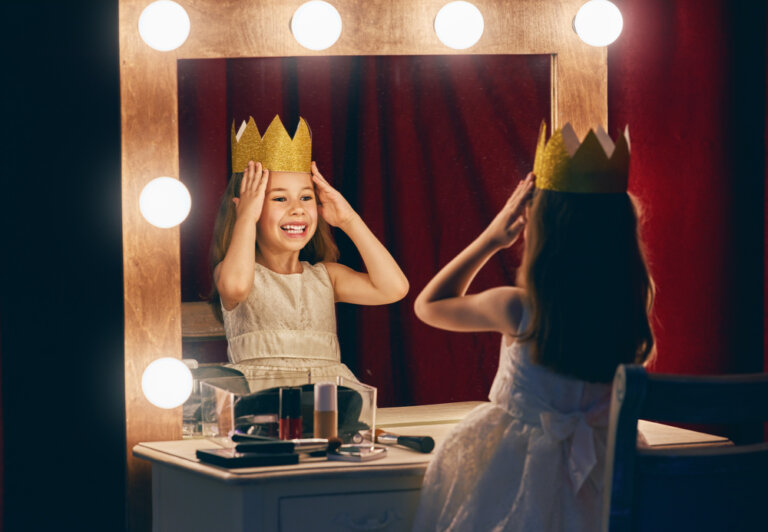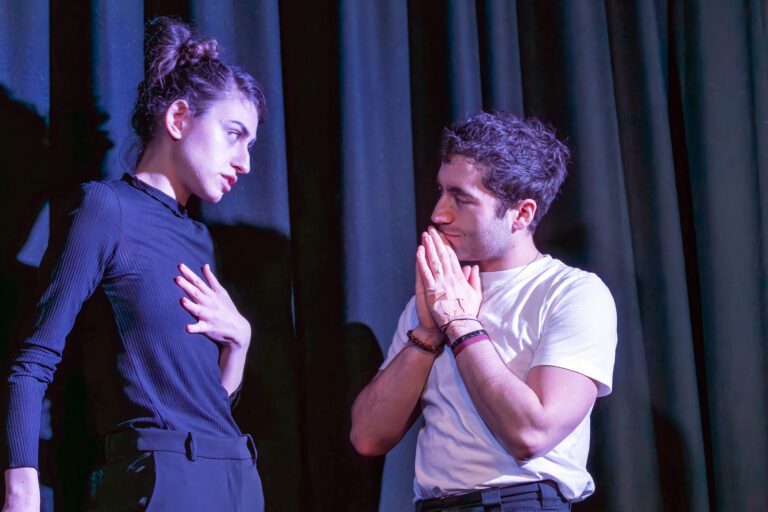If the only thing that Jessica Ronane had ever done was to work casting kids, that would be impressive enough. After all, she broke into the industry by finding the title role in the theatrical production of Billy Elliot, found the teen stars of the cult hit Hunky Dory, and put together the winning cast of The Kid Who Would Be King, among plenty of others.
But she also helped put together Daniel Levy’s terrific directorial debut, Good Grief, the 2020 version of Emma, starring Anya Taylor-Joy. She has become Luca Guadagnino’s primary casting director, having worked on Queer and his latest film, After the Hunt (hitting theaters October 17), starring Julia Roberts and Andrew Garfield. She’s also been recognized by both the CSA (Casting Society), with two Artios nominations, and its British equivalent, the Casting Directors’ Guild Awards, with six more nods and a pair of wins.
She still works in the theater as well as commercials, which means she’s one of England’s most versatile casting directors. She spoke to us from her London office.
Insights From Jessica Ronane:
- Actors should thoroughly research the script and people involved before auditions to build confidence and feel more in control during the process.
- Child actors need strong support systems and trusted adults who can help them ask questions and feel safe throughout auditions and work.
- Understand that casting directors want actors to succeed and are advocates for performers, so approach auditions with a collaborative mindset.
How did you get into casting in the first place?
I had been a performer myself. I wasn’t really enjoying the dynamic of the unknown future, and wanted to grasp a little bit more onto forming a meaningful career. I got into it because I was suggested for a role to work on the theater production of Billy Elliott.
Strangely, a kind of serendipitous moment, because I’d been a dancer, and I’d come from that world. I understood choreography, and that was sort of what I needed to get going in the hunt for boys to play Billy. I worked on that production for a couple of years before it opened, and it was a steep learning curve, but with a really inspirational creative team.
With [director] Stephen Daldry at the helm and Working Title [Films] as producers, I was given enormous support and resources, [as well as] a team to engage and manage and support me, and run with this challenge. They’d worked really hard on the movie, so they knew that finding this particular character was very complicated. It served me well, because I was given time to start this detective work to find the boys.
Wait, this was your first gig? How did that come to you like that?
Well, actually, I had written to a casting director — Jina Jay.
I love Jina. We spoke recently. She’s wonderful.
She’s amazing. I knew her through family, and I’d written to her to ask if I could come shadow her for free, just to see what it’s like to be in a casting office. How you become a casting director isn’t straightforward. It varies from person to person, but I was fascinated by it, and she was incredibly kind and generous with her time.
I think on her part, it was a really smart bit of casting, because sitting across from her was somebody who’d been a dancer from the age of three. I was also very determined, and I wanted to work harder than I was able to work as an actor. Jina called the producers of Billy in front of me, in that meeting, and said, “I’ve met somebody who might be good for the job you need.”
It was the turning point in my life, and I could not have been more ready for that change. It was such good timing. I’m conscious of it a lot in my work, because I think luck and timing and skill have to collide in the world we work in. It definitely happened that way for me, and I didn’t want to waste a minute of it.
What was it about casting that spoke to you?
I love actors. Performers. I love theater. I love creative arts. That’s what’s in me, because it’s what I’ve always known, so I knew that I would be good within that world. I also like to problem solve. I like to put people together. I’m good at it, and I think that casting is ultimately a big problem you have to solve from day one. So for me, it ticked a lot of boxes.
I imagine looking for a Billy Elliot is a lot different from casting, say, Good Grief.
(Laughs) Yes. It was finding out where these kids [are] who dance, who can’t necessarily reveal themselves day to day because there’s a risk of bullying, marginalization — all of that stuff is real — and yet there are teachers of ballet and dance who are incredible disciplinarians. They’re working to reveal someone’s talent.
I knew where to find those people, and I knew through finding them, I would discover what we needed. So that was just a brilliant challenge for me.
I talk to a lot of casting directors, and inevitably there’s a moment of clarity, or an epiphany when they realize casting is their calling. But from what you’re saying, it sounds to me like you had yours instantaneously.
There was no question for me. I was at a crossroads in my life and was ready for change. It’s stating the obvious, but it’s difficult to live in the city and have no control over what you’re going to be doing moment to moment. I needed that.
I knew I wanted to have children. I knew I wanted to work meaningfully every day, forge a career that would build and grow and knit in lots of other interests, and I knew I needed to discover what that would be. It wasn’t an epiphany, but a door opened, and that was clearly the door that I had to walk through. I’ve never regretted it for a minute.
One of the things that I find interesting about your career is that, starting with Billy Elliot, you never stopped working with kids. Not every casting director does that, and I’m curious about the challenges and rewards involved.
Not just kids, but also unknowns. Detective work, something where there’s a complicated puzzle to solve — that’s been an attraction for me. Billy was a very specific piece of work, and then the same producer, Jon Finn, was making a film called Hunky Dory that was set in Wales in 1976, and it needed teenagers in high school that formed the bulk of the cast, and that, again, was a very specific piece of detective work.
They all had to be musicians. They had to sing a certain way. There was so much to unearth within that company — it required me to hit the road and start knocking on people’s doors. I’ve just always loved that. Being quite fearless and also positive, hopeful, optimistic, feeling like, well, of course I’ll find it.
My family would say I’m like a dog with a bone over anything and everything, and that’s definitely played a part in my career. There’s nothing better than meeting someone and introducing them to a role they’re going to be brilliant in for the first time.
Do you think that in a former life you were a detective?
(Laughs) Yeah, that would have been nice. I’d have loved that.
I feel like there’s a through line with casting directors who do the kind of work you do. There’s this generosity of spirit that goes with working so hard to provide opportunities for these performers, and a select few of you really specialize in finding new ones. Is there any part of your personality that you can attribute that to?
I think I attribute it to feeling protective of who I had been growing up. I had a father who was an actor, a mother who was a dancer, a grandmother who was a ballerina and a grandfather who was an acrobat. It was in our bloodstream, and I suppose I also felt like I didn’t want it to be an inevitability, that that’s what I was going to do.
When I meet kids, particularly who think this is what they want to do, I’m also tough with myself about it, because I think it isn’t an easy life, and you don’t want it to get in the way of all the other things they might be good at, and their education, and all these other strands of their lives. So I do think there’s a responsibility when it comes to introducing somebody into acting. I take that really seriously, as well as ensuring they’re protected and they are informed, and they have the right people around them. Whether they’re happy and their home life can support this, whether their family needs extra support from people like us, and then onto who’s going to be working with them on a set or in a rehearsal room, and is this individual going to be okay?
I would also say for our industry, most people I know have the same set of values and responsibilities, and we all work to ensure best practice, that safety and community is solid around those performers.
Taking all of this into account, and the way that you deal with performers and your protective nature, what piece of advice or wisdom would you give to someone coming in to audition for you?
I think research for any actor is really, really important. Read the play, read the script, know who the people are that are going to be there in the room. That will ensure a feeling of confidence when you walk in, and it will help it feel like an atmosphere you can enter and have some control and some agency in that room.
The more you know, the more research you’ve done, the more educated you have become, the better equipped you’ll be when you’re in that room.
And with kids?
The research element is really, really important for a child, but it’s different. They need to have someone they can ask questions of and be supported by. But for adult performers, those leaving colleges, know that we’re there for you to ensure you have the best possible moment in that audition room.
We want you to to get the job. We want you to be hired. We are really advocating on your behalf.
Final Takeaways
Jessica Ronane’s journey from performer to renowned casting director reveals valuable lessons for new actors navigating the industry. Her insights emphasize preparation, support, and the collaborative nature of casting. Here are a few practical takeaways to help you make the most of your auditions and career beginnings.
- Always do your homework by reading the script and researching the people involved before an audition to boost your confidence.
- For young actors, having a trusted adult or mentor to guide and support you through the process is essential.
- Remember that casting directors want you to succeed. They are on your side and advocating for you.
- Stay persistent and optimistic; sometimes finding the right role is like solving a puzzle, and determination pays off.
- Be open to learning and growing, as every opportunity is a chance to build your career thoughtfully and meaningfully.
You may also like:

